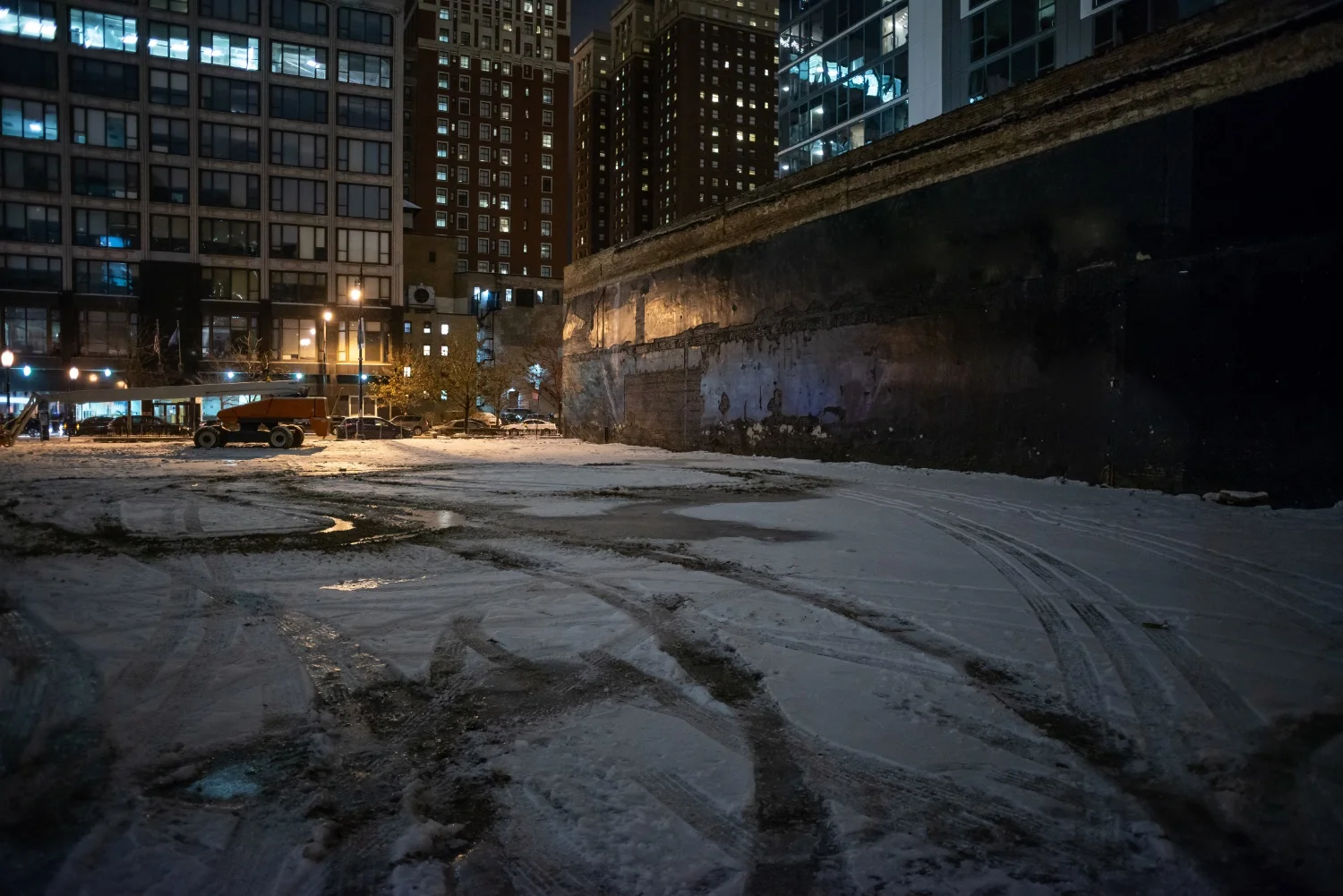Driving in winter conditions presents unique challenges, especially when roads become snowy or icy. When accidents occur in these hazardous conditions, determining who’s liable can be complex. We will discuss the factors that influence liability in car accidents on snowy or icy roads. You will understand who may be held responsible in personal injury claims arising from such accidents.
duty of care
All drivers have a legal duty to exercise reasonable care while operating their vehicles, regardless of weather conditions. This duty includes adjusting driving behaviors to account for the potential hazards posed by snow or ice on the road. Failing to uphold this duty can result in liability for any accidents that occur.
driver negligence
In car accidents on snowy or icy roads, driver negligence often plays a significant role in determining liability. Examples of driver negligence in these conditions may include:
- Speeding: Driving at excessive speeds for the road conditions, making it difficult to maintain control of the vehicle.
- Following too Closely: Failing to leave a safe distance between vehicles. This makes it difficult to stop or maneuver in response to sudden changes in road conditions.
- Failure to Adapt to Road Conditions: Not adjusting driving behavior to account for the reduced traction and increased stopping distances on snowy or icy roads.
- Distracted Driving: Engaging in activities that divert attention from the road, such as texting, eating, or using electronic devices.
- Impaired Driving: Operating a vehicle under the influence of alcohol, drugs, or medications that impair judgment, reaction time, and coordination.
negligence per se
In some jurisdictions, violating traffic laws related to driving in hazardous conditions, such as failing to use snow tires or driving without chains when required, can establish negligence per se. This means that if a driver violates these laws and causes an accident, they may be presumed negligent. This makes it easier to establish liability.
Road maintenance & a liable government
In certain situations, liability for accidents on snowy or icy roads usually extends beyond individual drivers. Government entities responsible for road maintenance may be held liable if they failed to fulfill their duty to keep roads reasonably safe in winter conditions. This could involve negligent snow removal, improper use of road treatments, or failure to warn drivers of hazardous conditions.
Comparative Negligence
In some jurisdictions, liability for car accidents on snowy or icy roads may be shared among multiple parties based on comparative negligence. If both drivers involved in the accident were negligent to some degree, the degree of fault assigned to each party impacts the amount of compensation they are entitled to. The concept of comparative negligence allows for proportionate liability based on the level of fault attributed to each party.
expert analysis & evidence of who’s liable
Investigating car accidents on snowy or icy roads often requires expert analysis of the road conditions, accident scene, and factors contributing to the collision. Expert witnesses, such as accident reconstruction specialists or meteorologists, can provide valuable insight into the cause of the accident and help establish liability.
Determining liability in car accidents on snowy or icy roads involves a careful evaluation of various factors, including driver negligence, adherence to traffic laws, road maintenance, and comparative negligence principles. Consulting with an experienced personal injury attorney is crucial to navigate the complexities and gather evidence to establish liability. By understanding the factors that influence liability, accident victims can pursue the compensation they deserve and hold the responsible parties accountable for their actions on hazardous winter roads. Shane Gosdis is dedicated to helping his clients. To schedule a consultation call (385) 429-9960 or email s@gosdis.lawyer today.




